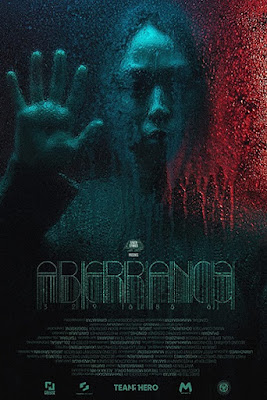If you like the idea of Hua Mulan, but are put off by the way the Chinese Communist Party has exploited her legend in propaganda, then it is time to embrace Princess Khutulun. The celebrated warrior was far more distinguished, as the great-granddaughter of Genghis Khan and the inspiration for Puccini’s Turandot, and she has the extra, added advantage of being real. In contrast, the legend of Mulan is largely considered to be exactly that—a legend. Khutulun’s father Kaidu wanted to marry her off to shore-up political alliances, but she knows that would be a waste of her talents in S. Baasanjargal & Shuudertseg Baatarsuren’s The Princess Warrior, which releases Friday on VOD and Film Movement Plus.
Despite their illustrious lineage, Kaidu’s enemies launched a sneak attack against the house of Ogedei. They successfully stole the clan’s relic and nearly assassinated Kaidu. Ironically, he was saved by the clumsiness of Abatai, a former Ogedei servant boy who was banished by a capricious high official. Of course, it really wasn’t clumsiness, as he will eventually explain to Khutulun.
Unfortunately, Kaidu’s eldest son is an impetuous idiot, so Khutulun takes it upon herself to chase down the relic, while brother #2 raises an army for the anticipated battle. She sets off chasing the thieves with her trusty band of comrades, who sound like a menagerie: Bear, Hawk, Wolf, and crusty old Eagle. Although the Zoo Crew is initially skeptical, Abatai will join their ranks, when Khutulun understands his true identity.
There is a lot of rock-solid hack-and-slash action in Princess Warrior. Somewhat surprisingly, screenwriters Baatarsuren and Boldkhuyag Damdinsuren play down Khutulun’s super-heroic fierceness, portraying her in very fallible and human terms. Nevertheless, Tsedoo Munkhbat is clearly more comfortable in the action scenes than the romantic melodrama.



